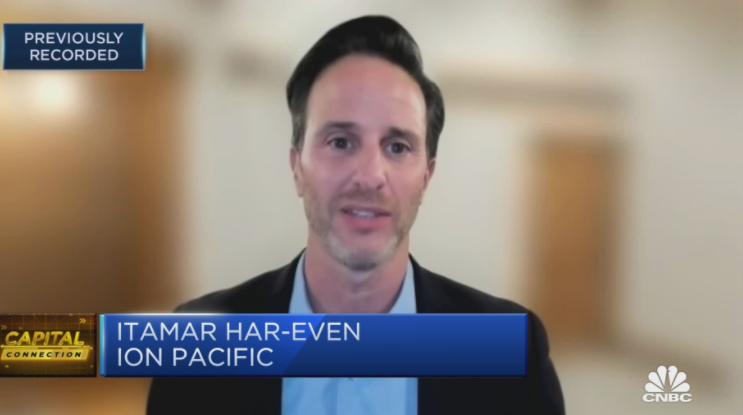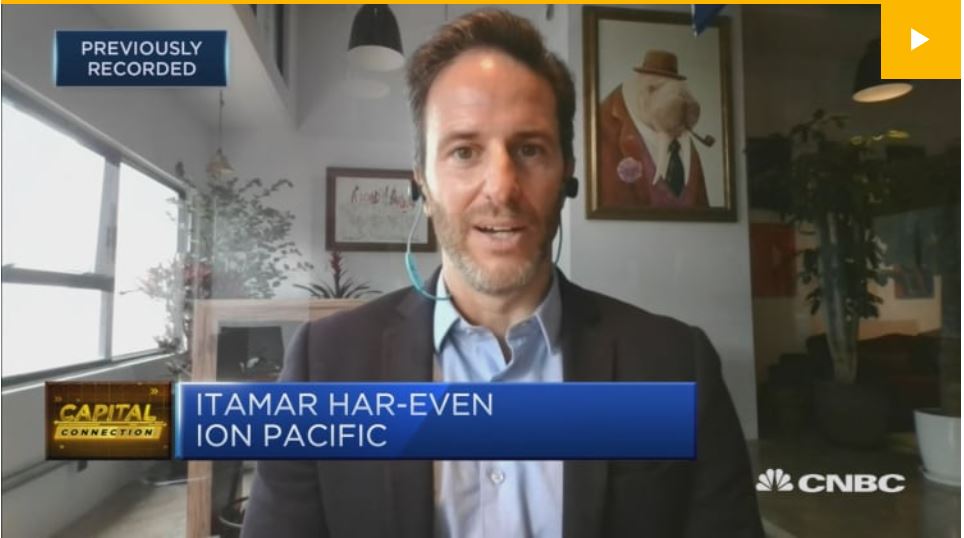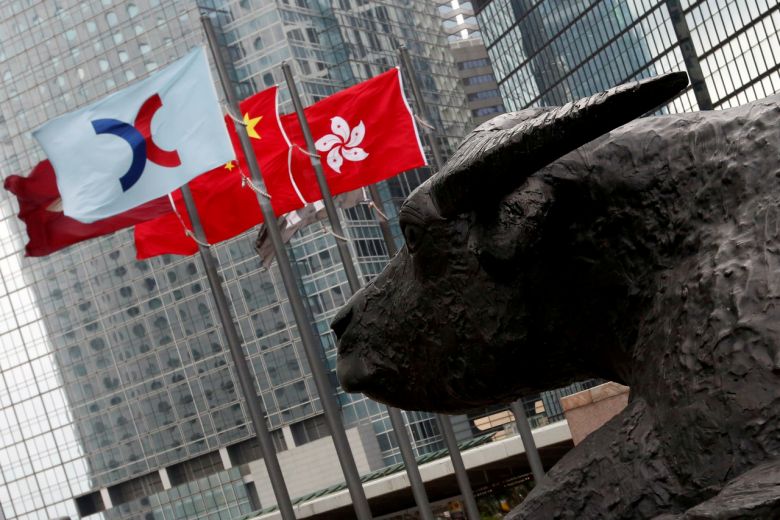The overwhelming sentiment that prevails in the UK and across Europe in a post-Brexit world is uncertainty, and this is likely to continue for the foreseeable future. After a sharp economic shock in the financial markets, especially for banking and real estate stocks, the climate has moderated not least because of significant efforts by the Bank of England and the Treasury to stabilise and calm the situation.
Now we are beginning, however, to see the pain reflected in the day to day business world, as leading investment banks consider relocating some operations to jurisdictions within Continental Europe and as significant UK M&A transactions come under pressure. Some high profile casualties of the last week include the sale of Bank of America’s MBNA credit card business, and the sale of the UK Government’s ~ 73% stake in the bank RBS, as well as considerable uncertainty over the merger between The London Stock Exchange and Deutsche Boerse.
It is important to note that the increased caution of M&A is driven by uncertainty over the way in which the UK and Europe will be able to continue to interact with one another, in terms of trade, licences, financial markets access…the list is endless. For Chinese investors, this may spell potential opportunity. The desire to transact will likely increase, as UK business, particularly in financial services, manufacturing and consumer retail come under increasing pressure in the event that the UK economy does begin to slip into a slowdown if not a full-blown recession.
For European companies, the uncertainty over what a post Brexit divorce relationship looks like for the UK and Europe presents significant challenges in relation to M&A considerations. Article 50 has to be triggered in order to start the timer on up to two years of negotiations between the UK and the EU re: an exit package. David Cameron has resigned without triggering Article 50 and will leave it to his successor, who will likely not be in place until Autumn. Meanwhile, a leading UK law firm, Mishcon de Reya, has launched a law suit on behalf of a consortium of leading businesses to prevent Article 50 being triggered without a Parliamentary vote since the Referendum was merely advisory. Under Constitutional Law, there is no obligation to carry the advice of the UK electorate if Members of Parliament do not agree, and circa 75% of MPs were in favour of remaining in the European Union. Ultimately, the post-Brexit era will likely be defined be uncertainty over a period of years not months for the UK / Europe relationship.
The Chancellor, George Osborne, announced yesterday that the UK is very much open for business, leading with comments such as: “We’ve got to get on a plane and sell Britain to the world. And for me that means putting still more effort into our relationship with China”. Osborne has been criticised for trying to make Britain China’s best friend but he appears to have redoubled his efforts to emphasise the openness of Britain to Chinese investors and Chinese capital within the last week.
I had expected the Government to take a very positive note in relation to foreign capital in general and to create some incentives but the singling out of China, coupled with the broader economic and political backdrop, will likely create a very favourable environment for Chinese investors in the UK. For Chinese investors seeking to capitalise on this environment, the opportunity will need to be balanced against some caution in the market around the ability of Chinese investors to deliver transactions given some recent high profile failed bids.
The view of Ion Pacific is that the responsibility for failed transactions sits as much with the sell side financial advisers as with the buyside investor, and all parties will have to work together in an environment of increased volatility and uncertainty, to ensure that a way forward can be found to ensure the successful delivery of China / UK M&A. From conversations that I have been having in London and across Europe over the last couple of weeks, there is an increased impetus to understand how corporates can position themselves for success vis a vis a Chinese counterparts.
The flip side to this is that European private equity houses will likely be well-positioned to acquire undervalued assets over the coming months and years. Chinese investors will need to become more used to engaging with some kind of formal process, even in an amended format, with advisers such as Ion Pacific, in order to ensure that they are well-positioned to take advantage of this window of opportunity and compete for attractive and, in all likelihood, undervalued UK assets.
This article was also published as an opinion editorial in The Asset as “Brexit may spell potential opportunity for Chinese investors”, here.
















